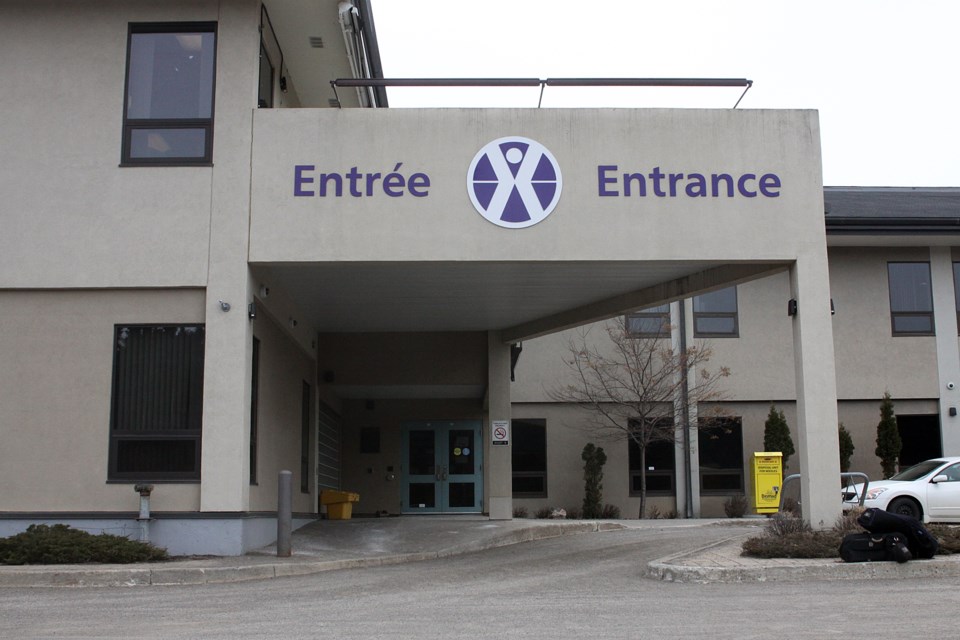THUNDER BAY - With changes proposed by the Ford government on how public health units will operate, as well as reduced funding, officials with the Thunder Bay District Health Unit say there will be troubling times ahead, for both clients and municipalities.
“It’s uncomfortable times,” said Janet DeMille, medical officer of health and chief executive officer with the Thunder Bay District Health Unit. “There are a lot of changes on the horizon. We don’t have all the details and it’s easy to have anxieties and fears over that. The staff here and the staff at other health units also feel the same way. It’s uncomfortable, stressful times.”
In the provincial budget released last April, the Ford government announced it plans to reduce the number of public health units from 35 to 10.
This reduction could see the Thunder Bay District Health Unit merge with the Northwestern Health Unit that serves the Rainy River and Kenora Districts. According to DeMille, few details have been provided on how that merger might take place.
“The idea would be that our two health units would become a region with a new organization and a new name presumably,” DeMille said. “That’s what we last heard. We are still waiting for that proposal to come out from the province.”
“There has been inconsistency in messaging,” DeMille continued. “There was a lot of initial feedback on the changes and I think the government was taking that information and tried to improve the process to bring this to fruition.”
The Thunder Bay District Health Unit also did not see any increases in funding this year to its general budget, receiving $13 million, the same amount as 2018.
“I was a bit discouraged that we asked for a general increase for our mandatory cost-share budget, but we did not receive that,” DeMille said. “That just puts increasing pressures on us to manage a variety of programs here at the health unit on a shrinking budget that is challenging. These are very tight times.”
Certain programs did receive funding, however, including the seniors dental program, the Indigenous engagement programs, and the Northern Fruits and Vegetables Program.
“I’m happy the government is investing for the Northern Fruit and Vegetable program,” DeMille said. “That was yearly funding we were getting and didn’t help the sustainability of the program. Now that we have that funding, we will be able to advance that work and I think that is really exciting.”
But things will be tight for the local health unit and others across the province. Health Board chair, James McPherson, said municipalities were worried at the prospect of being faced with a 54 per cent increase to funding, and even though the provincial government said it is going to cap the amount of base funding from municipalities at 10 per cent, health units and councils will have to make tough decisions ahead.
“It’s going to be a tough time for the board and a tough time for the municipalities that support it,” he said. “The government suggesting that funding is going to come out of the municipal budgets, municipalities are stretched already.”
“The organizations are going to have to look internally as to what we can do. Fortunately for the Thunder Bay District Health Unit, for the last 10 years, we have been very prudent. Three of the last four years have had zero increases to the municipalities.”
The upcoming budget has not yet been formalized and still needs to go before the senior management team. Following that, the information will be presented to municipalities, which are also gearing up for budget season just around the corner.
“They are in a tough place in that we send the levy to them,” McPherson said. “We have to be very prudent as to what we send as a levy recognizing their constraints and the taxpayers.”
